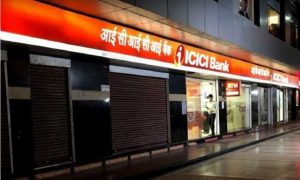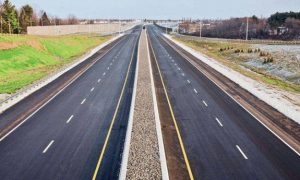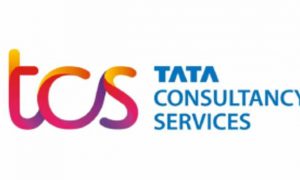The COVID-19 pandemic resulted in reverse migration of workers/poor in the country. Research has indicated that housing affordability is an essential platform that promotes better education, health and economic well-being. Affordable Rental Housing Complexes (ARHCs), initiated by the Ministry of Housing and Urban Affairs are, therefore, a vital step in offering affordable housing opportunities for the migrant worker/poor.
Implementing ARHCs requires long-term thinking, political determination and behavioural changes. There is no single effective policy resolution. The following measures may be considered by the government to successfully implement ARHCs:
i. Form a task force for directing efforts of all stakeholders
To proficiently deal with and support the issues around the ARHCs, the lack of an established body of best practice, norms and market benchmark, the Central Sanctioning & Monitoring Committee (CSMC) and the State Level Sanctioning & Monitoring Committee (SLSMC) should establish a dedicated task force focused on affordable rental housing to act as an enabler. The task force should be composed of specialists including developers, lenders, valuers, investors along with Government officials and overseas consultants (e.g. Singapore) to adopt effective existing proven best practices and programs of affordable rental housing.
The task force would act as the focal point for affordable rental housing solution and coordinate amongst the private sector, consumers, lending institutions, investors, housing regulatory agencies, infrastructure sector ministries, state governments, and urban local bodies (ULBs) and Parastatals.
The task force would facilitate in streamlining approval procedures for ARHCs, promote standardisation of the process including a statement of minimum criteria, expected norms and forms of contract for affordable rental housing complexes.
It could assist in directing funds towards the affordable rental housing complexes by coordinating the efforts of National Housing Bank, Housing and Urban Development Corporation, banking institutions, housing finance companies, and foreign investors through Foreign Direct Investment and External Commercial Borrowings.
It could be responsible for identifying the available land assets with central and state governments, ULBs and public sector enterprises which are suitable for developing affordable housing and ensure that the private sector is aware of all opportunities regarding development of these land assets
It could provide transactional support (e.g. viability studies, contract negotiation) to the public sector enterprises, smaller ULBs, Parastatals that lack experience or resources.
ii. Incentives and administrative streamlining
In addition to tax deductions, to attract private participation in the affordable rental housing segment, the government should provide a range of incentives at the central and local levels including density bonuses, reduction or waiver of planning fees, fast tracking approval procedures, higher floor-area ratio, reduced setbacks and parkings, etc.
iii. Regulate and professionalise affordable rental housing
Rental housing offers a window for housing affordability and aids in improving housing conditions.
A legal framework for affordable rental housing which is balanced in favour of both the tenant and the landlord and sets out the standard of construction and maintenance of the rented property, security of tenure, termination, protection from forced eviction, initial rent, escalation in rent in reference to a rent index, (e.g. rent can increase if it is below market or in case of major repairs to the building), availability of services and infrastructure, clear processes for resolving conflicts between landlord and tenants, should be adopted by the central government.
iv. Strengthening beneficiary database
Strengthening/creation of a city-wise database for EWS/LIG beneficiaries identifying their income levels, occupation, family size and prospective work locations. The database will be made available to developers to help them understand, reach out to their prospective customers and ensure transparency in allocation of housing units.
Set up a facility for potential EWS/LIG customers to register themselves with a state level/city level agency and to express their interest to procure an affordable rental housing unit. This would help to target the right beneficiaries and thwart involvement of speculative investors into the affordable rental housing complexes.
v. Undertake affordable rental housing projects
Within the next twelve to fifteen months, the government should undertake one or two medium scale model affordable rental housing projects in partnership with local or international partners to gain experience, built capacity and demonstrate best practices.
The government must keep monitoring the progress made on the ARHCs while continuing to engage stakeholders to deliver on their respective obligations for ensuring that it is able to fulfil the basic need of a safe and secure home of the migrant workers/EWS/LIG.





































